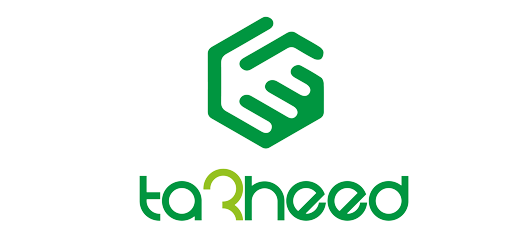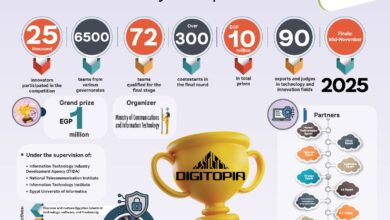Will Governments Become the Biggest Clients for the Outsourcing Industry?

In an unprecedented global move, Albania announced several weeks ago the appointment of an Artificial Intelligence system named “Diella” to the position of Minister of Public Procurement.
This makes it the first country to entrust ministerial duties to a digital entity relying entirely on AI technologies.
This step represents a qualitative shift in public service management methods and the outsourcing of governmental operations.
It aims to enhance transparency, combat corruption, and accelerate decision-making within official institutions, thus paving the way for a new era of smart governance where technology is integrated with executive work in state apparatuses.
According to the Eleks website, the virtual minister’s primary role is to combat corruption, enhance transparency, and speed up government procurement procedures—tasks closely linked to the digital transformation system and governmental outsourcing of technical services.
Prior to this symbolic appointment, “Diella” worked as a virtual assistant on the e-Albania government e-services platform, which offers hundreds of public services to citizens and businesses online.
Although the Albanian constitution does not legally recognize this appointment—as a minister must be a citizen at least 18 years old—the step represents an advanced symbolic experiment toward integrating AI into government structures.
It confirms that the future of public services is moving toward reliance on smart outsourcing models provided by specialized algorithms.
Technology expert Volodymyr Getmansky says that the Albanian experiment is “the first clear model for entrusting sensitive governmental tasks to a smart system.”
He noted that Diella’s development was supported by current and former experts from OpenAI, which raises the level of reliability and quality.
He explained that the smart minister’s tasks rely on quantitative and normative analysis of bids submitted in government tenders, such as comparing prices, material quality, and implementation periods.
This methodology reduces errors and limits human bias.
Getmansky believes that what is happening in Albania is the beginning of a new phase of outsourcing governmental operations to Artificial Intelligence, suggesting that this move could pave the way for the creation of specialized outsourcing centers for developing and managing smart government systems in other countries, especially in emerging markets.
Experts believe that the success of the experiment will encourage many governments to use outsourcing services in the fields of analysis, oversight, and e-governance.
This could create increasing global demand for BPO and IT Outsourcing companies specializing in AI and data management.
With this step, Albania is not only opening a new door for Artificial Intelligence but also for a new era of smart outsourcing for governments, where AI becomes a true partner in decision-making and overseeing efficiency and transparency







